 The Boy Travelers - Africa
Boy Travelers-Africa
The Boy Travelers - Africa
Boy Travelers-Africa

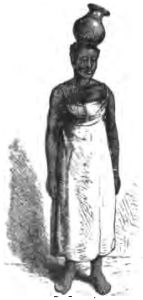
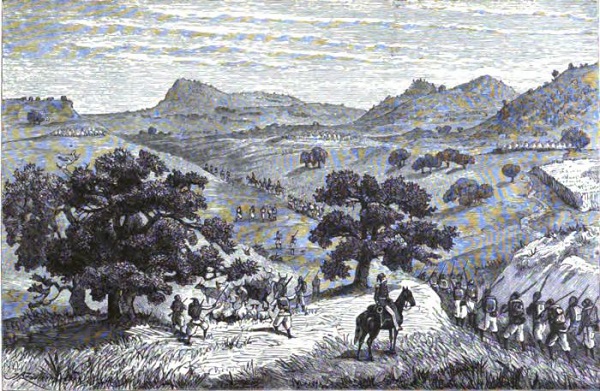
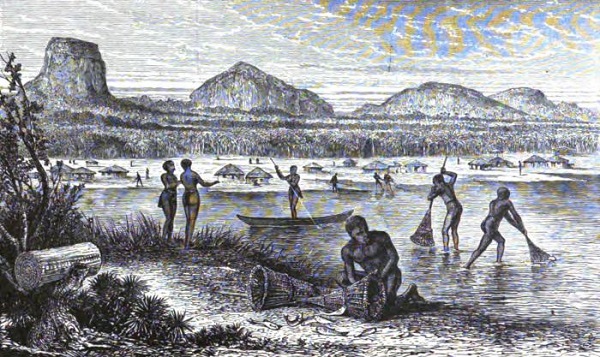
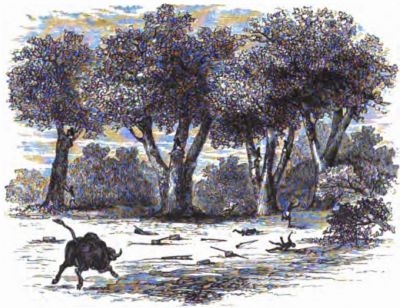
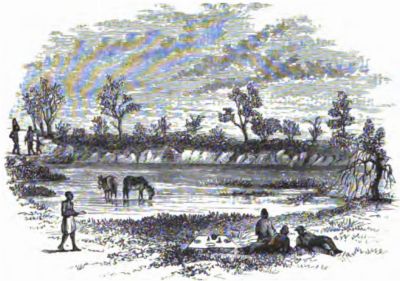
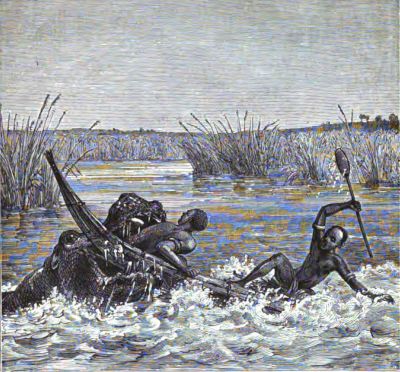
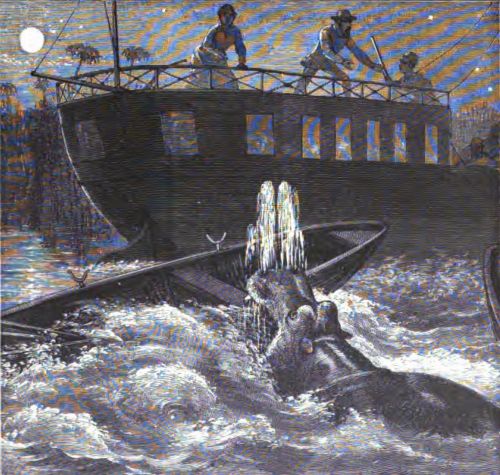
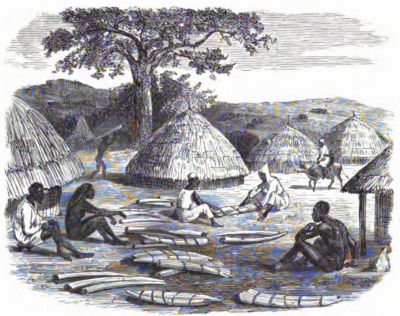
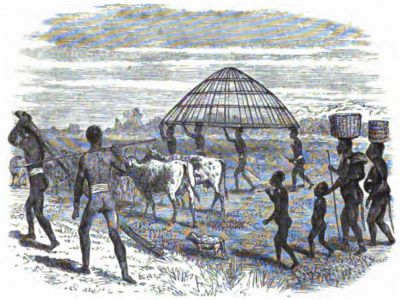
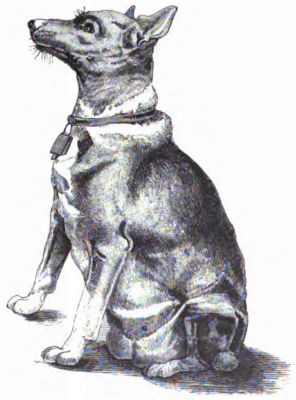
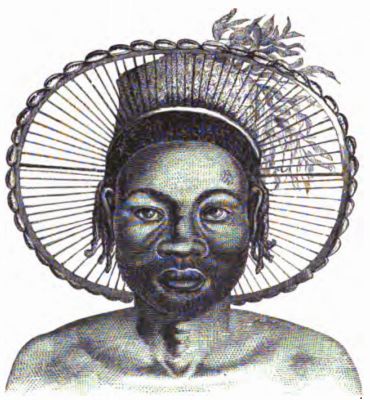
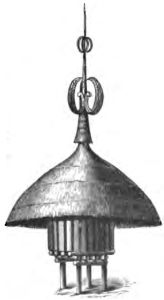
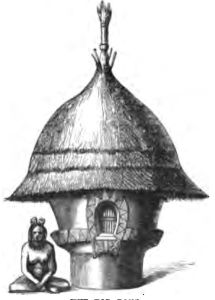
 The Boy Travelers - Africa
Boy Travelers-Africa
The Boy Travelers - Africa
Boy Travelers-Africa

Study the chapter for one week.
Over the week:
Activity 1: Narrate the Chapter
Activity 2: Study the Chapter Pictures
Activity 3: Observe the Modern Equivalent
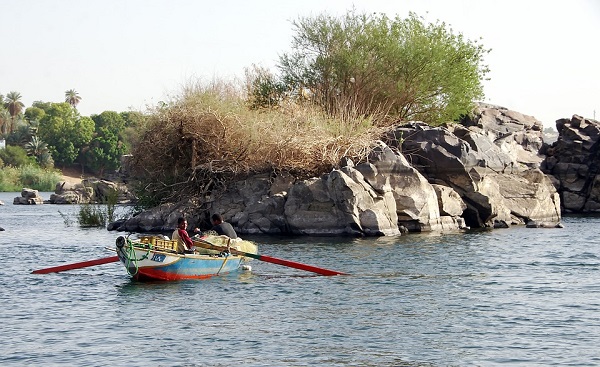
Activity 4: Map the Chapter
The chapter states: 'In Oregon the salmon ascend the Columbia River from the sea. The most of the fish continue up the Columbia, and the rest turn into the Willamette, a smaller river, on which Portland is situated.'
Find Oregon on the map of the United States.
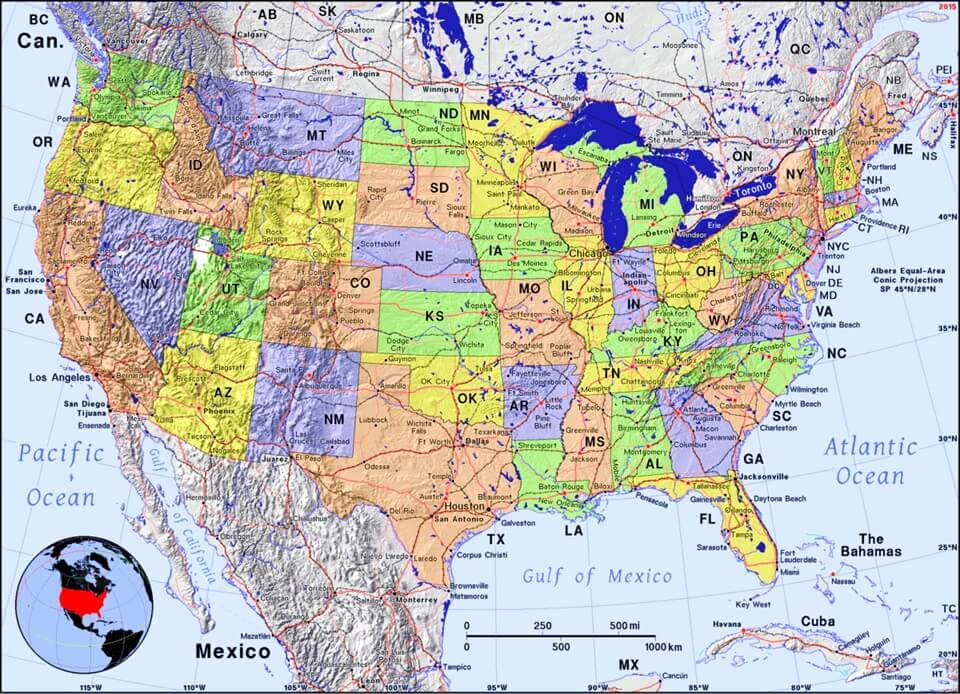

Activity 5: Map the Chapter on a Globe